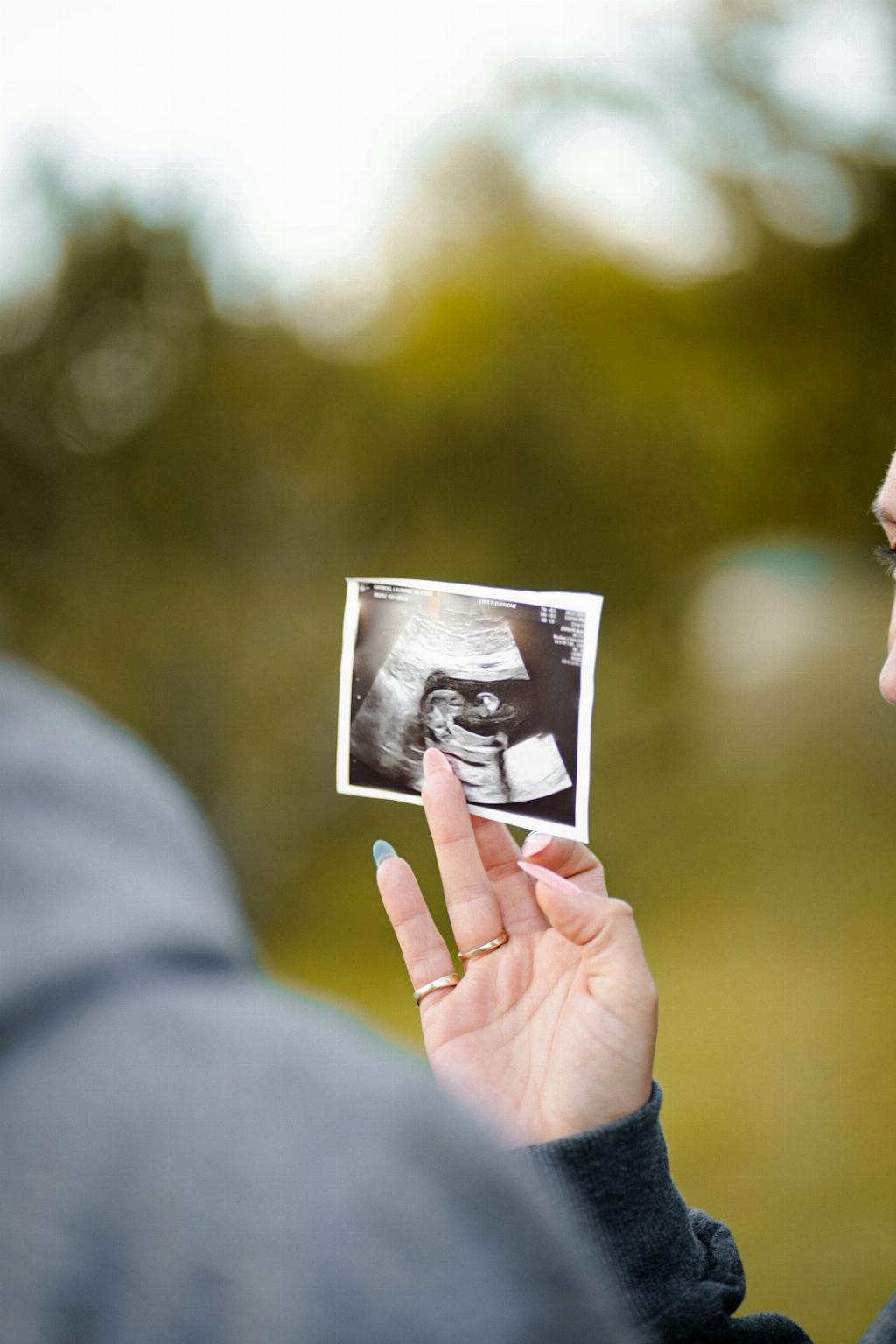During pregnancy, it’s essential to pay close attention to your diet to ensure you’re providing your growing baby with all the necessary nutrients for healthy development. When it comes to kiwifruits, they can be a beneficial addition to your pregnancy diet due to their rich nutrient content. Let’s delve deeper into whether kiwi is safe to consume during pregnancy.
The Benefits of Kiwifruit During Pregnancy
Kiwifruit is a natural source of folate, also known as folic acid, which is a vital nutrient for pregnant women. Folate plays a crucial role in the early stages of fetal development, helping to prevent neural tube defects in the baby. Including folate-rich foods like kiwi in your diet can support a healthy pregnancy.
The Importance of Folate
Folate is essential for the formation of red blood cells and DNA synthesis, making it a critical nutrient for both the mother and the developing baby. Adequate folate intake during pregnancy can also reduce the risk of certain birth defects and promote overall maternal health.
Rich in Antioxidants
Kiwifruit is packed with antioxidants, such as vitamin C and E, which play a role in protecting cells from damage caused by free radicals. Antioxidants are crucial during pregnancy as they help support the immune system and reduce inflammation in the body, benefiting both the mother and the baby.
Digestive Health Benefits
One of the standout features of kiwifruit is its high fiber content, which can promote healthy digestion. Constipation is a common concern during pregnancy, and consuming fiber-rich foods like kiwi can help prevent and alleviate this issue, ensuring optimal bowel function.
Regulates Blood Pressure
Pregnant women may experience fluctuations in blood pressure, making it essential to maintain a healthy balance. Kiwifruit contains potassium, a mineral that aids in regulating blood pressure levels, reducing the risk of hypertension and promoting cardiovascular health during pregnancy.
Supports Collagen Production
Vitamin C, abundant in kiwifruit, is essential for collagen synthesis, which is crucial for the growth and repair of tissues in the body. During pregnancy, the body undergoes significant changes, and consuming vitamin C-rich foods like kiwi can support tissue development and wound healing.
Boosts Iron Absorption
The vitamin C content in kiwifruit is not only beneficial for collagen production but also aids in iron absorption. Iron deficiency is common among pregnant women and can lead to complications such as anemia. Pairing iron-rich foods with vitamin C sources like kiwi can enhance iron uptake and prevent deficiencies.
Potential Precautions
While kiwifruit offers various health benefits during pregnancy, it’s essential to consume it in moderation, especially if you have a history of allergies to fruits or latex. Some individuals may experience allergic reactions to kiwi, so it’s advisable to consult with your healthcare provider before incorporating it into your diet.
Safe Consumption Guidelines
To ensure the safe consumption of kiwifruit during pregnancy, opt for ripe fruits and wash them thoroughly before eating. Including a variety of fruits and vegetables in your diet is recommended to obtain a diverse array of nutrients for a healthy pregnancy. Monitor your body’s response to kiwi consumption and make adjustments as needed.
Consultation with Healthcare Provider
As with any dietary changes during pregnancy, it’s crucial to consult with your healthcare provider or a registered dietitian to assess your individual nutritional needs and address any concerns. They can provide personalized guidance on incorporating kiwifruit into your pregnancy diet and ensure it aligns with your overall health goals.
Conclusion
In conclusion, kiwifruit can be a safe and nutritious addition to a well-rounded pregnancy diet, offering essential nutrients like folate, antioxidants, and fiber. By understanding the benefits of kiwi during pregnancy and following safe consumption practices, you can enjoy its health-promoting properties while supporting the optimal development of your baby.

